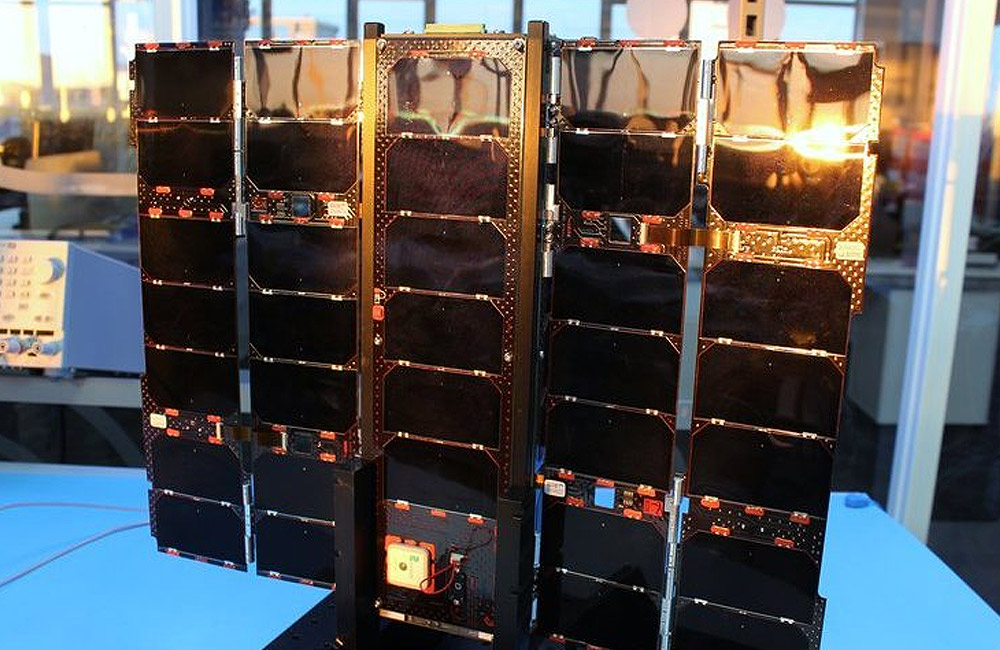SCOTLAND’S pioneering spacecraft manufacturer, Clyde Space, has signed a contract with Canadian satellite communications services company, Kepler Communications to supply two 3U spacecraft. These spacecraft will launch Kepler’s novel Software Defined Radio (SDR) and antenna array next year.
The Clyde Space nanosatellites will support Kepler in deploying its in-space telecommunications network, which will use nanosatellites to relay data in real-time for devices deployed in terrestrial, remote operations and satellites deployed in Low Earth Orbit.
The company said the contract marked “a milestone in Kepler Communication’s long-term vision to provide real-time connectivity for the devices that gather the world’s information.” The network is expected to reduce reliance on costly, difficult to deploy, ground infrastructure and increase our global interconnectivity at a fraction of the normal cost.
Data generated from the satellites will have a range of applications from intelligent shipping to smart agriculture, traffic management and even wearable technologies such as temperature monitors to improve personnel health and safety.
Clyde Space CEO Craig Clark said: “Kepler is a great example of the kind of forward thinking, innovative organization that we love to work with. They have a fantastic concept for solving problems of low latency, reliable machine-to-machine communications and we are absolutely delighted that Kepler has selected Clyde Space to help realize their objectives.”
Kepler co-founder and CEO Mina Mitry added: “We are excited to work with Clyde Space. Their reputation and experience in the space industry, plus their ability to meet challenging onboard power system requirements within our projected timelines, made them the perfect partner for this venture.”
The Kepler network, powered by the Clyde Space nanosatellites, will open new business opportunities that necessitate real-time connectivity to satellites. The satellites, which measure 30cmx10cmx10cm, support an increasing range of new and technically challenging space applications.
The spacecraft will be built and tested by Clyde Space in Glasgow for delivery next autumn. Developments by Clyde Space in spacecraft production are making the prospect of missions requiring constellations of small satellites and CubeSats a reality. Currently, Clyde Space produces an average of six satellites each month for a range of customers world-wide and is pursuing an expansion in the United States.






